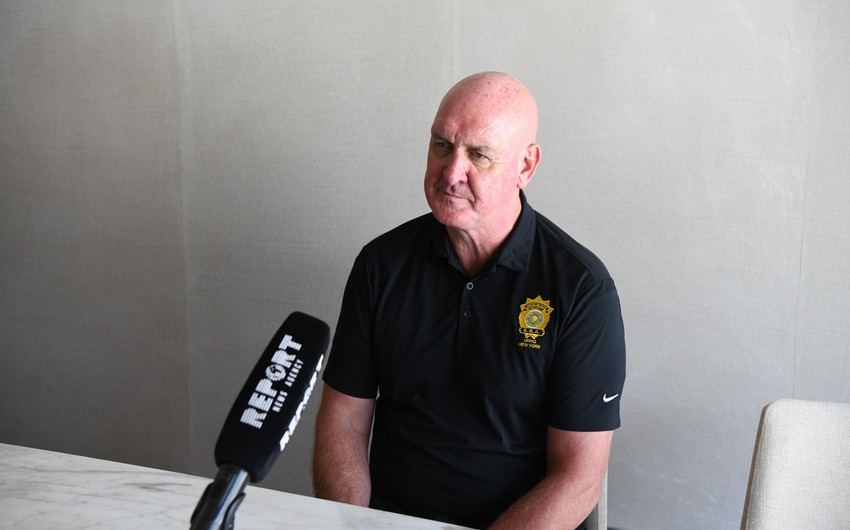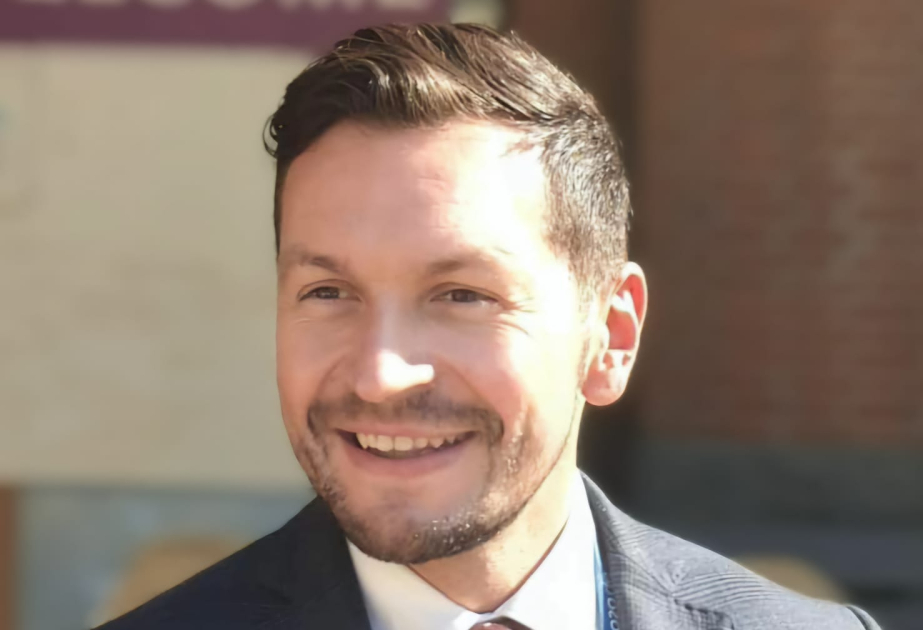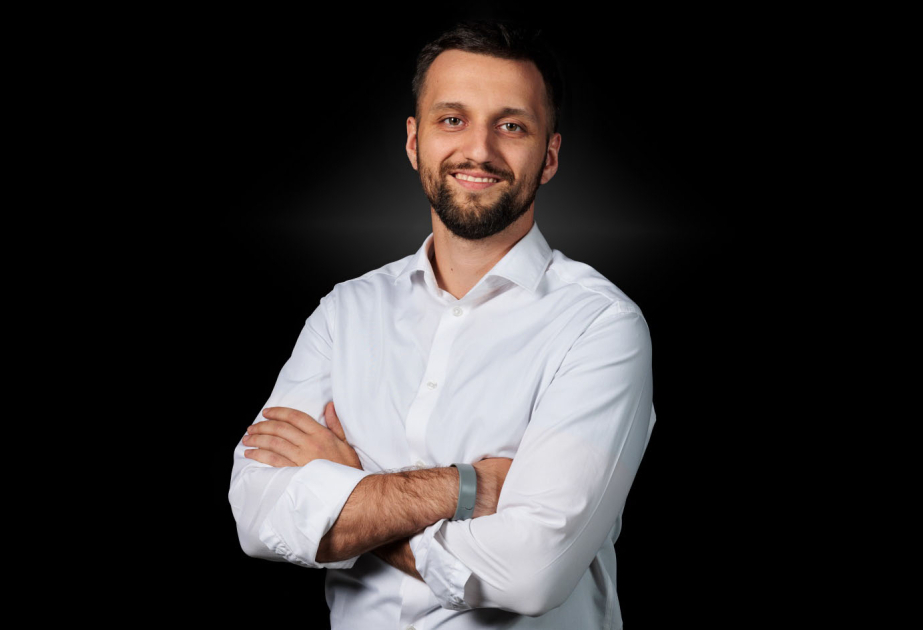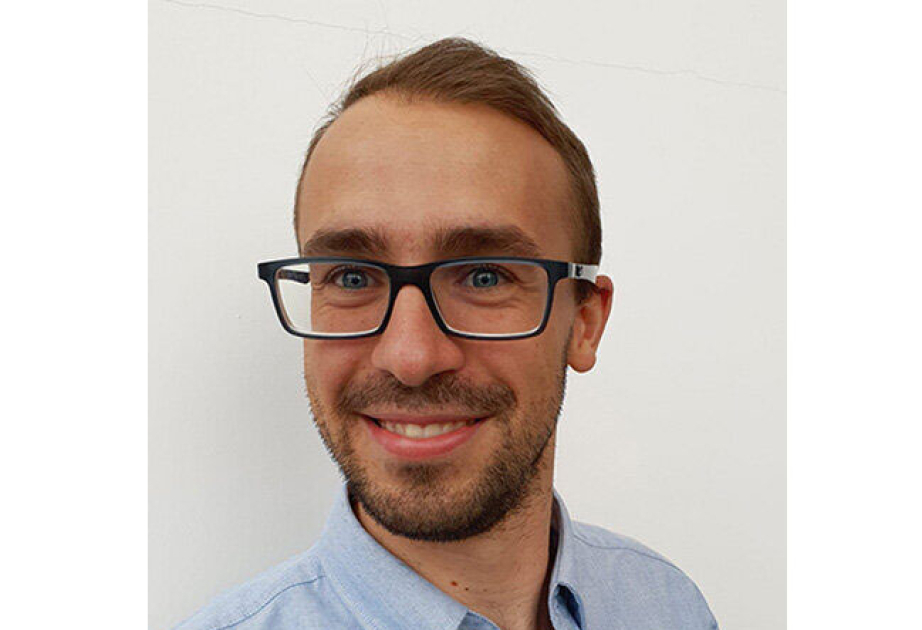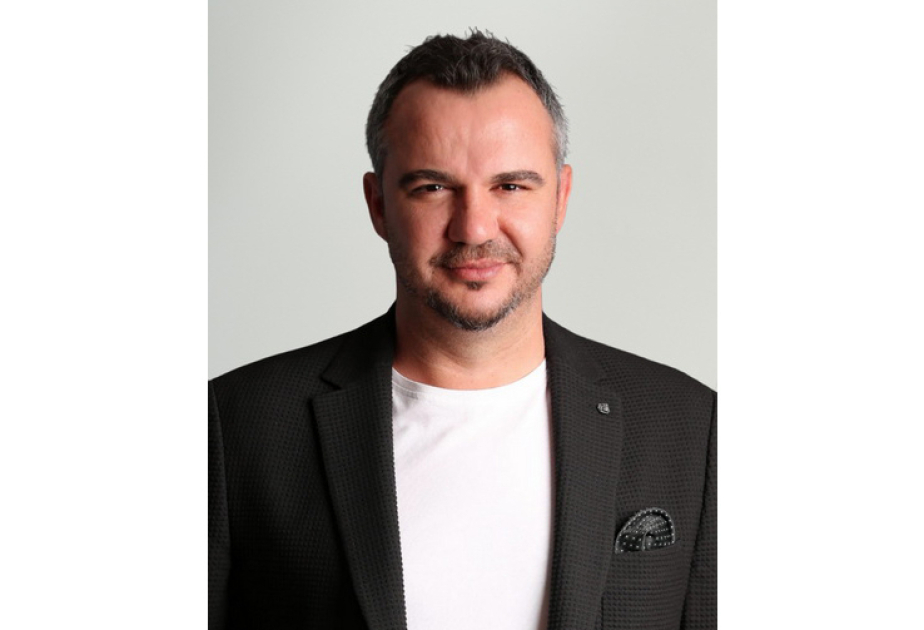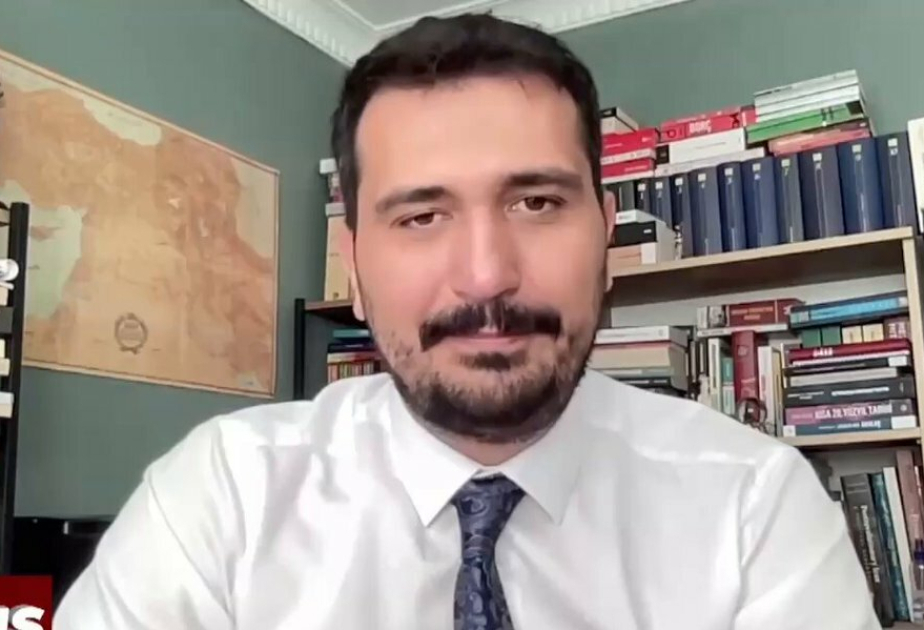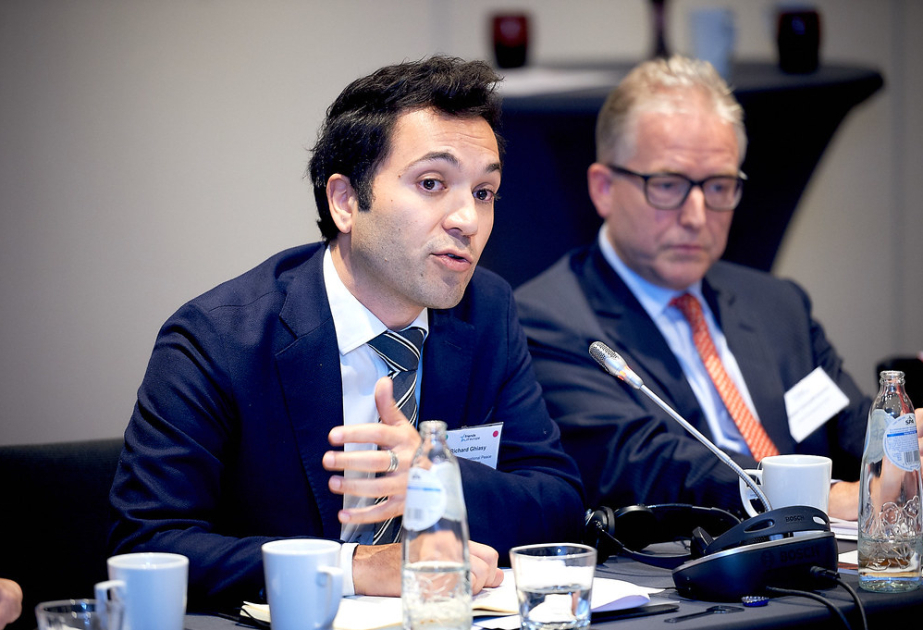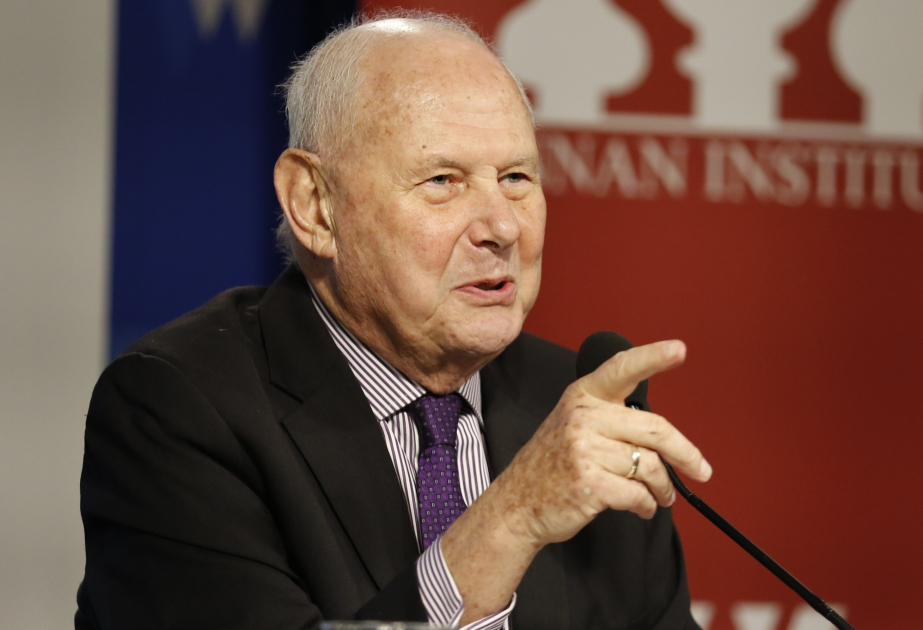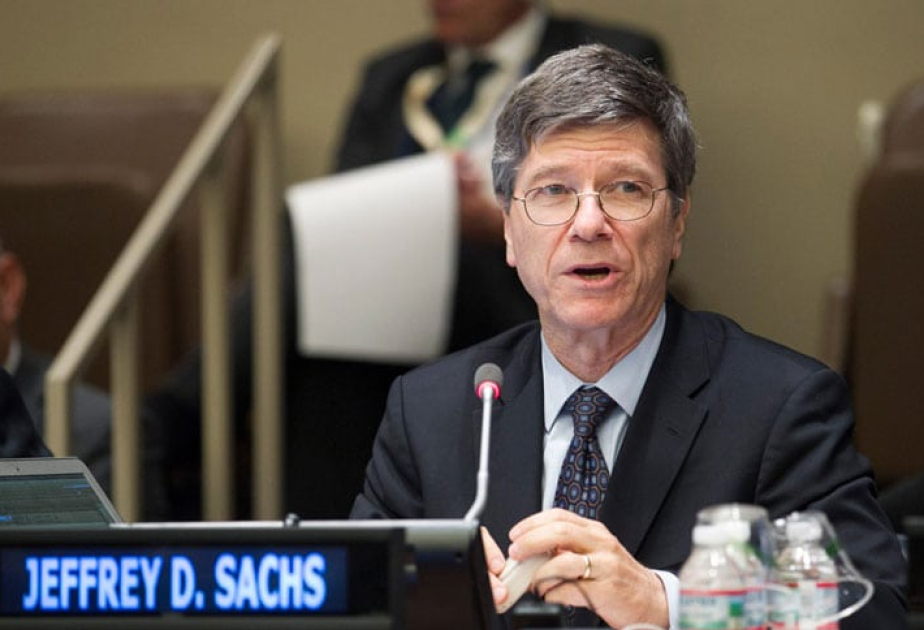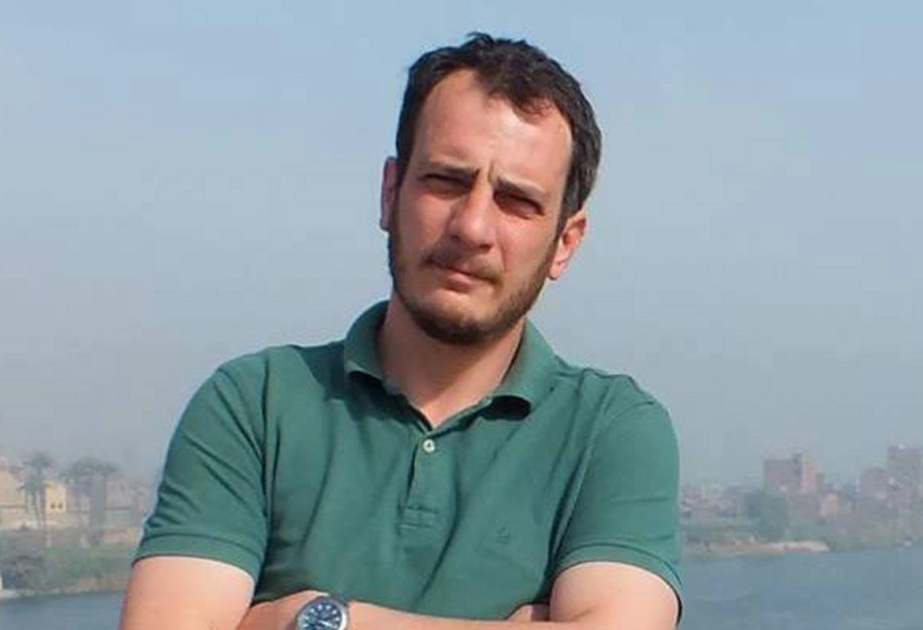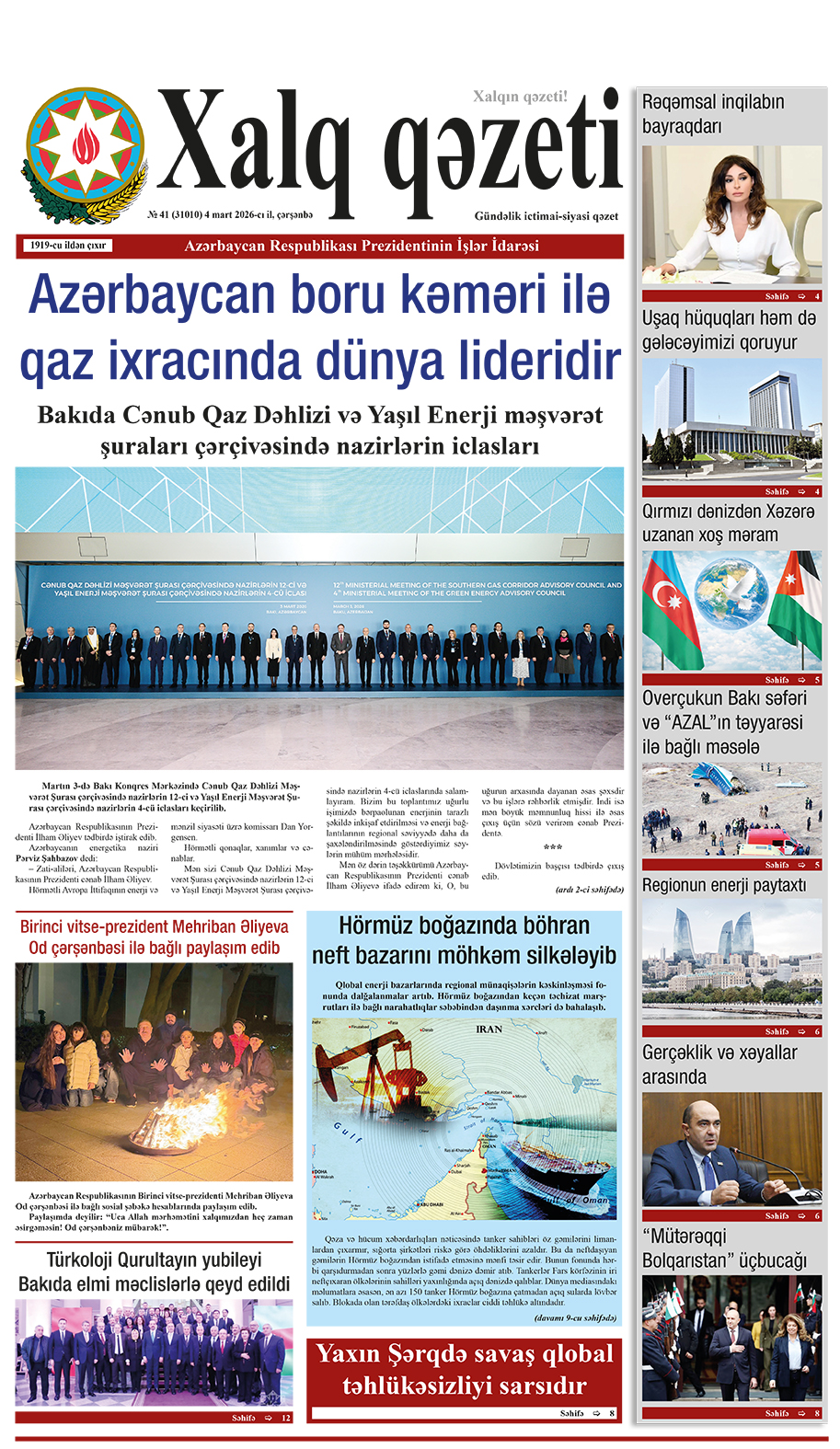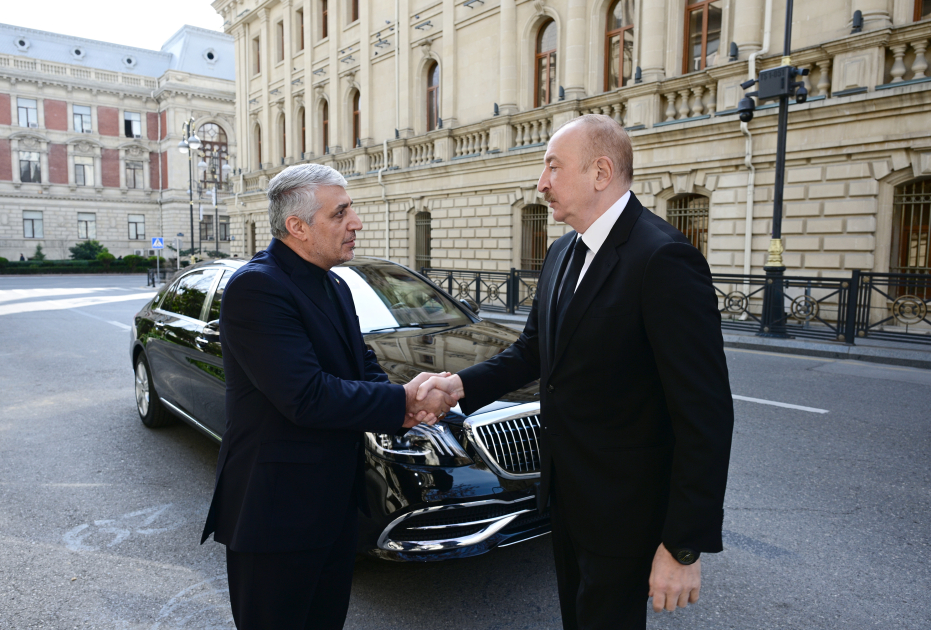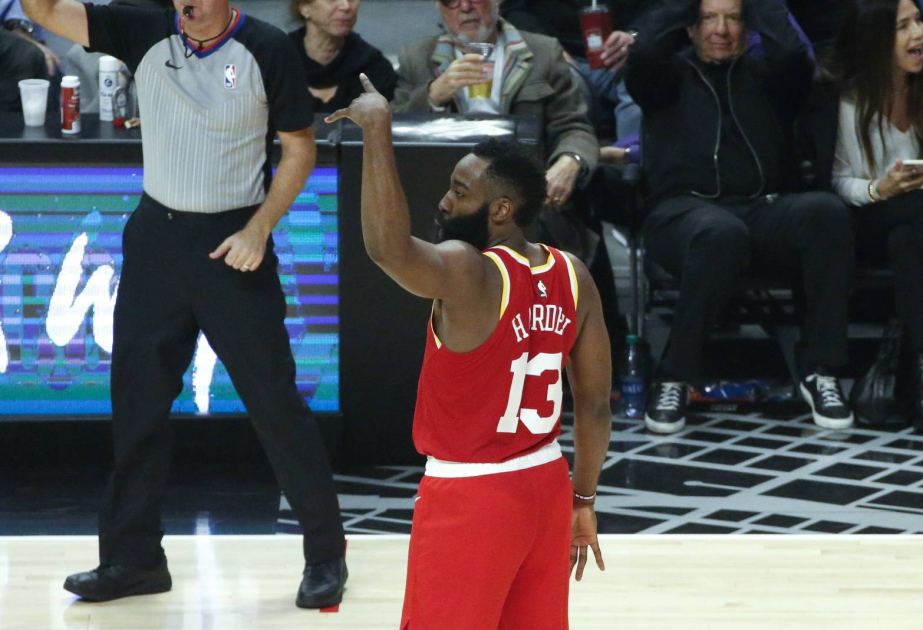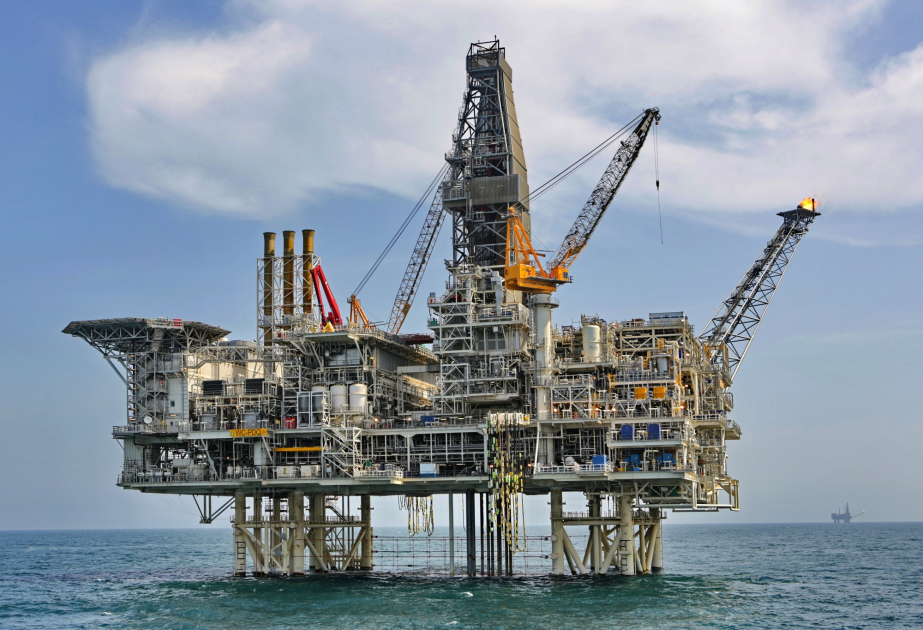In an interview with Report, Kevin O'Hanlon, Deputy Chief of the Security and Safety Services at UN Headquarters, talked about the security measures taken in connection with the COP29 to be held in Baku in November 2024.
- First of all, we would like to know your impressions of Azerbaijan. How do you assess and evaluate Azerbaijan’s preparation for COP29, especially in the security aspect?
- Since the announcement of Azerbaijan as the host for COP29, I've been working very closely with government security agencies - the presidential security team, the leadership in Baku police, and other government security authorities. So, I was very impressed by the initial understanding of the event on their side. They're very well prepared. They're very cooperative in all aspects of the security and safety planning. And I'm very confident, I'm feeling very good at this stage that we will be able to deliver a safe and secure event.
- What measures are currently being taken to ensure full security at COP29, and what further steps are planned?
- Well, without going into all of the fine details, we have a security plan in place. We have a plan that deals with everything in securing this venue from the handover of the venue from the Azerbaijan authorities to the UN security team to the securing of the venue, to receiving heads of state, heads of government, receiving all other types of delegates. We have NGOs, media, and technical staff. We have a high number of ministers coming. We have a plan in place for all of these as they come to the venue. This venue will operate for two weeks, 24/7. We anticipate many people coming and staying for the two weeks period. And we have in place a plan for delivering, servicing, and logistics for the venue. And we are very confident that we have those plans in place.
- As you've mentioned, COP29 will be attended by high-level government officials. How many security personnel are expected to be deployed to prevent any potential provocation during this conference?
- There are different aspects to the conference and different zones in the conference. So, the UN zone will be the blue zone, which will be the footprint where the UN will be responsible for and within that zone I'm taking. I work with the United Nations Department of Safety and Security, and I'm bringing more than 100 security professionals from United Nations headquarters worldwide. So more than ten headquarters locations, from New York to Geneva, Vienna, Nairobi, and many other of our main headquarters locations, all professional security officers, all working this job in a full-time capacity. We will bring more than 100, and we will work within the venue with government security personnel and private security personnel to form one team of close to 1,000 people and we will be providing the security in the blue zone, for that in the UN zone. Of course, there is a green zone as well. And the government security authorities, the Azerbaijani authorities will be responsible for all the security in that, as well as security at the airport, in the hotels, and on the motorcade routes. So, it's a comprehensive plan. I have only one small part of it, that being the blue zone. But there is a comprehensive plan for the entire country and for the experience of all the guests and it's very well advanced.
- Around 70,000-80,000 people are expected to participate in COP29, including eco-activists. Is there a mechanism planned to ensure that eco-activists’ demonstrations can be held peacefully?
- Civil society have a big role to play at the COP. We have a long experience of working with civil society organizations, who come here for the right reason to save our planet. So, within the blue zone, there are organized activities and organized actions that take place, but all within a very careful and a very tight rules framework. So, the NGOs who are participating in the blue zone, the civil society participating in the blue zone, they sign up to a code of conduct and any action that is taken within the blue zone is one that is approved in advance by the organization, it's monitored by the organization and by our security and safety teams. The experience that we've had within the blue zone in the past has been a very positive one. And I have no reason to believe that it won't be the same this year.


